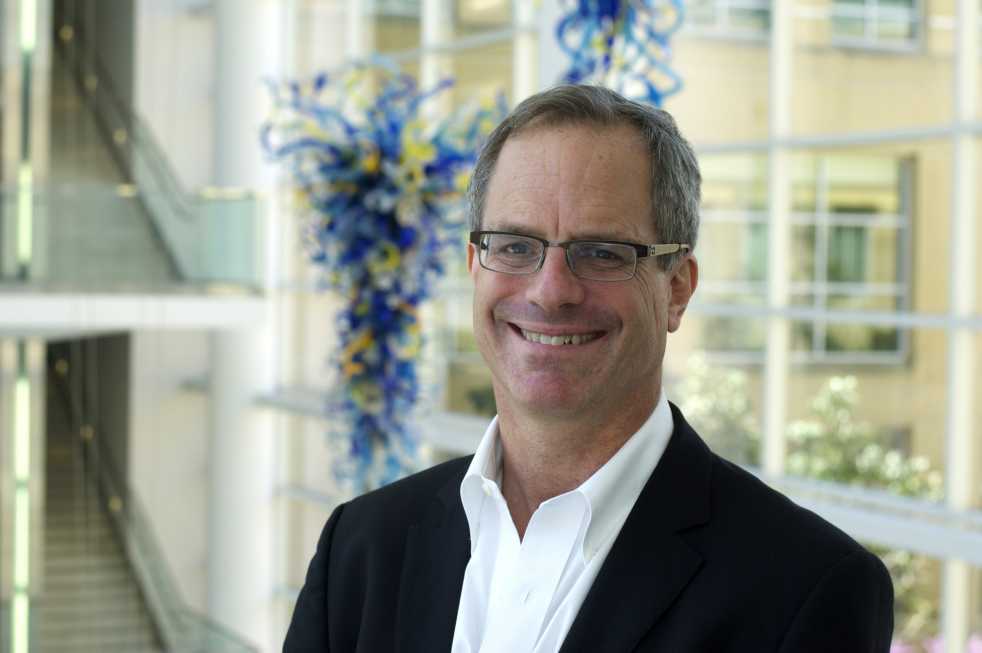After spending years in Washington and additional years teaching, Peter Swire has joined the Scheller College of Business as the Nancy J. and Lawrence P. Haung Professor. Since his arrival last fall, Swire has been more than impressed with Tech.
“The quality of the students and the school is superb,” Swire said. “For me, it’s the first time I’ve been at a technical school. I had a liberal arts education, and it’s interesting to see the practical and engineering focus that many of the students have here,” said Swire.
Swire also commented on the different, yet innovative, kind of spirit around Tech’s campus.
“Usually no fewer than half of my students are working on an invention that is going to change the world,” Swire said. “It’s different spirit than I’ve experienced elsewhere.”
Swire started his track in academia when he attended Princeton University, where he began his ultimate venture into the sector that has become privacy law.
“I’ve worked at the intersection of law, technology and economics since I was an undergrad at Princeton,” Swire said. “In those days, it was a strange combination; nowadays, it seems slightly more normal. I wrote my first article on the law of the Internet in 1993, and I was discussing how pervasive information flows would be on the Internet. Some colleagues expressed concerns that that would threaten privacy, so I started my privacy research…to understand how the Internet would change things.”
After graduating with a BA from Princeton, and later a JD from Yale Law School, Swire went on to teach before working under the Clinton Administration.
“My title was Chief Councilor of Privacy,” Swire said. “I was the White House coordinator for the HIPAA medical privacy ruling. We proposed a rule in 1999 and got 53,000 public comments. Then we had to write our response to all of the comments and come out with the final rule by the end of 2000. That rule is mostly in effect today.”
Swire also influenced the change in the U.S.’s policy towards encryption.
“During the 1990s, it was illegal to export strong encryption software, but the Internet requires strong encryption as messages go from one insecure node to the other,” Swire said. “In 1999, I chaired the White House working group on encryption and that September, the administration switched its policy and began supporting the use of strong encryption globally.”
With such extensive knowledge on the mix of subjects, Swire has said he needs to be careful in how he presents information in his lectures.
“A lot of my work is at the intersection of many fields of study including law, technology, policy and economics,” Swire said. “Most undergrads haven’t studied all of those things in depth, to put it mildly. I strive to be clear to students with very different backgrounds.”
That pales in comparison to Swire’s early days in Washington, where he quickly learned the kinds of challenges one faced when working as high up as the White House.
“Most people in life don’t have professional enemies, but there were congressional staffers looking for any weakness in anything we did and ready to issue a press release if we made the smallest mistake. That kind of scrutiny forces you to raise your game and make your decisions defensible even in the face of harsh criticism,” Swire said.
Swire is following up on his work with President Obama’s Review Panel on the U.S.’s Economic Policy while continuing his work on privacy.
